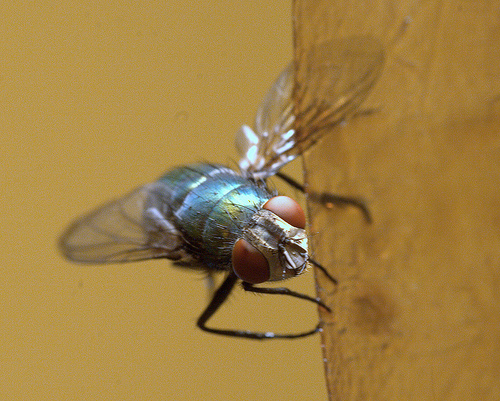
A final thought on hate and the condition to which traditional religious believers are subjected in this world. Judaism encourages us to look closely at the name of the Torah reading each week, always drawn from a word, sometimes a seeming throwaway, in the opening verse or two of the parshah. In fact, it’s never a real throwaway.
The double parshah this week is called Matot-Massei (Numbers 30:2-36:13). The title Matot (“Tribes”) is drawn from the first verse of the first portion: “Moses spoke to the heads of the tribes of the children of Israel, saying: This is the thing the Lord has commanded.”
The Lubavitcher Rebbe explained the relevance of the word for “tribes” to this time of the year, the Three Weeks leading to the ultimate day of morning, Tisha b’Av (this year, July 30), designated as a time to recall the adversity Jews have faced in carrying out our mission — symbolized by the destruction of the two Jerusalem Temples that took place on Tisha b’Av.
In Hebrew there are two words for tribes, “matot” and “shevatim.” Both also mean a staff or branch of a tree. Shevatim means the branchs when still attached to the tree — supple and bending; symbolizing the soul when it is still attached to, really a part of, God. Matot means staffs or rods — a branch that has been detached from the tree but has gained in strength and durability.
The soul before its descent to this world is a branch from the divine tree. After its descent to this world, it is a rod or staff:
The soul loses its effortless, emotional enwrapment with the Creator and finds itself in a world which is antagonistic to holiness and truth. But we are promised that, with the necessary effort, the tender “branch” will soon harden to become a firm and rigid “rod” that is unbending in its dedication to God.
In this world that is primed to hate us, believers need to accustom ourselves to being firm rods in God’s hand. Not easy, but that’s the challenge.

